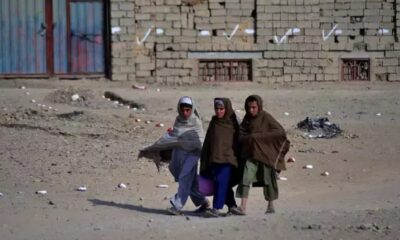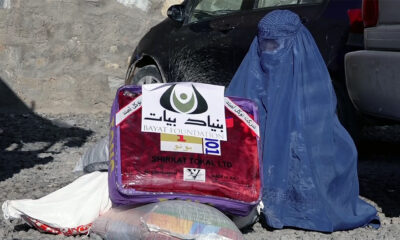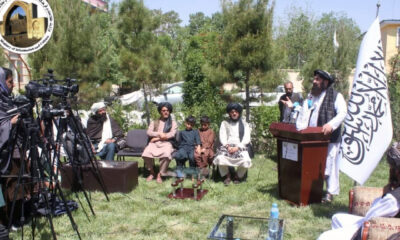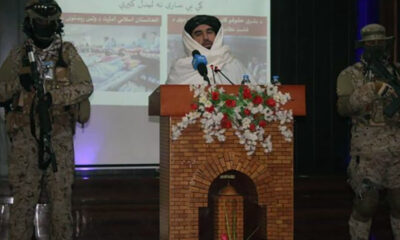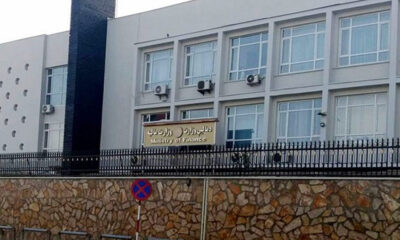Latest News
Taliban Takes Captive Two Tribal Elders for Refusing to Pay Islamic Tax
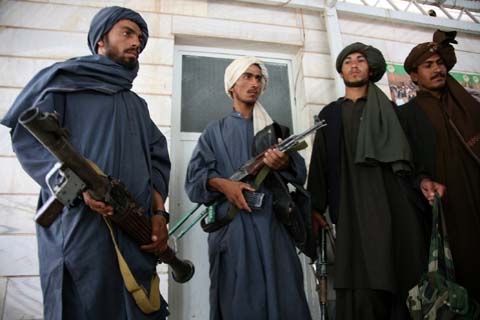
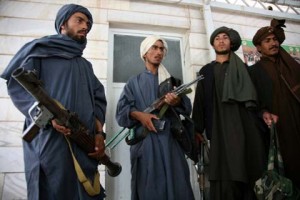 The Taliban militants take captive two tribal elders in Ghazni province after they refuse to pay the Islamic Taxation (Ushur and Zakat), local officials said Thursday.
The Taliban militants take captive two tribal elders in Ghazni province after they refuse to pay the Islamic Taxation (Ushur and Zakat), local officials said Thursday.
The incident has occurred in Khawaja Omari district of Ghazni province about three days ago.
Head of the district local council, Besmillah Sharifi, said Taliban asked them in multiple occasions to pay the money for “Ushur and Zakat”, but they refused to do so.
Finally, the insurgents have kidnapped them from their houses and still keeping them as captives, according to Mr. Sharifi.
Local residents say the Taliban militants usually come to the district and harassing people.
Security officials have not made a comment about the incident yet.
In addition to the drug trafficking and power bills, Ushur and Zakat is a source of income for the militant groups to supply their needs.
Ghazni is among the volatile provinces in central-east part of the country where Taliban controls five of its 18 districts (Nawa, Khogyani, Rasheedan, Waghaz and Zana Khan) and have a presence in more of nine other districts.

Latest News
Neglecting climate change in Afghanistan will be catastrophic: IEA
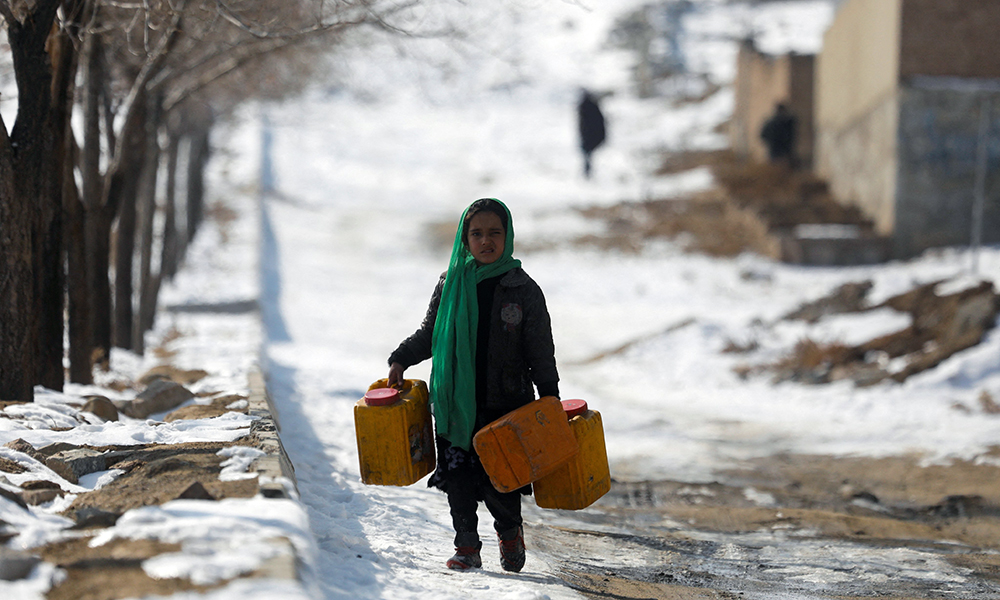
Afghanistan stands among the nations that continue to face devastating consequences of climate change, but despite this the country has had to endure blatant injustice on the part of the international community regarding this critical issue.
After the return to power of the Islamic Emirate, the international community not only imposed various sanctions, but approached the issue of climate change in Afghanistan from a political perspective.
Consequently, with the suspension of 32 environmental and climate change projects, restricting Afghanistan’s access to pledged financial resources, and the exclusion of Afghanistan from regional and international meetings and conferences on environmental and climate issues, there has been blatant injustice against the people of Afghanistan.
In an article published by the Islamic Emirate’s official al Emarah on Thursday, the Islamic Emirate stated that as the Earth’s temperature continues to rise, climate change poses a threat to all facets of human existence.
Pointing out that countries lacking in resources, including Afghanistan, face heightened vulnerability to the perils of climate change, as they lack the requisite means and infrastructure to effectively mitigate and manage its effects.
According to information from Afghanistan’s National Environmental Protection Agency (NEPA), temperatures in the southern regions of the country have increased by 2.4 degrees Celsius over the past century, Hindu Kush regions by 1 degree Celsius, central and northern highlands by 1.6 to 1.7 degrees Celsius, and eastern regions of Afghanistan by 0.6 degrees Celsius.
This has created numerous problems in urban and rural areas of Afghanistan, including increased poverty, migration, recurring droughts, floods, rising temperatures, destruction of farms and forests, food shortages, livestock deaths, and the emergence of various diseases.
“These can be identified as the undesirable consequences and impacts of climate change in Afghanistan,” the report read.
The continuation of this situation has severely affected not only the water, agriculture, livestock, forests, and grasslands sectors but also significantly impacted the social and economic lives of the people of Afghanistan, as well as health, energy, biodiversity, and ecosystems, al Emarah reported.
Despite the challenges and existing problems, officials at NEPA have made necessary efforts to manage the issue of climate change in Afghanistan utilizing available resources. Over the past three years, practical steps have been taken regarding drafting, revising, and amending laws, policies, regulations, and work plans, as well as project design.
Revision of environmental laws, national environmental policy, regulations on ozone-depleting substances, approval of the KIGALI Amendment to the Montreal Protocol 2020, and other related documents can be highlighted as prominent actions in the field of climate change mitigation.
Other steps have also been taken, including the prioritization of climate-compatible water and watershed projects, the restoration of degraded ecosystems, sustainable management plans for Nuristan National Park, sustainable forest and land management projects, and combating land degradation and biodiversity loss through enhancing sustainable food systems in Afghanistan.
The Islamic Emirate, under its environmental protection policy for Afghanistan, has placed climate change management at the forefront of its work priorities and has initiated efforts to mitigate the situation with the resources at hand.
With ensuring security nationwide, the Islamic Emirate has provided a conducive environment for implementing projects in various sectors across Afghanistan.
As climate change is an overarching issue, tackling the challenges and risks it poses requires joint efforts from all governments and collaboration among all stakeholders.
In light of this, the international community, nations, and pertinent organizations ought to prioritize environmental and climate change matters in Afghanistan. They should take practical and genuine steps by resuming suspended environmental and climate change projects, facilitating access to pledged financial resources, and creating opportunities for active Afghan participation in regional and international forums and conferences, al Emarah reported.
“Moreover, throughout this period, the people of Afghanistan have been directly impacted by the consequences of climate change, enduring significant financial and human losses.
“Therefore, the global community and pertinent organizations must extricate the environmental issue and climate change in Afghanistan from political spheres, conceiving it instead as a human dilemma,” the report read.
Latest News
Acting Minister of Defense meets with ambassador of Azerbaijan
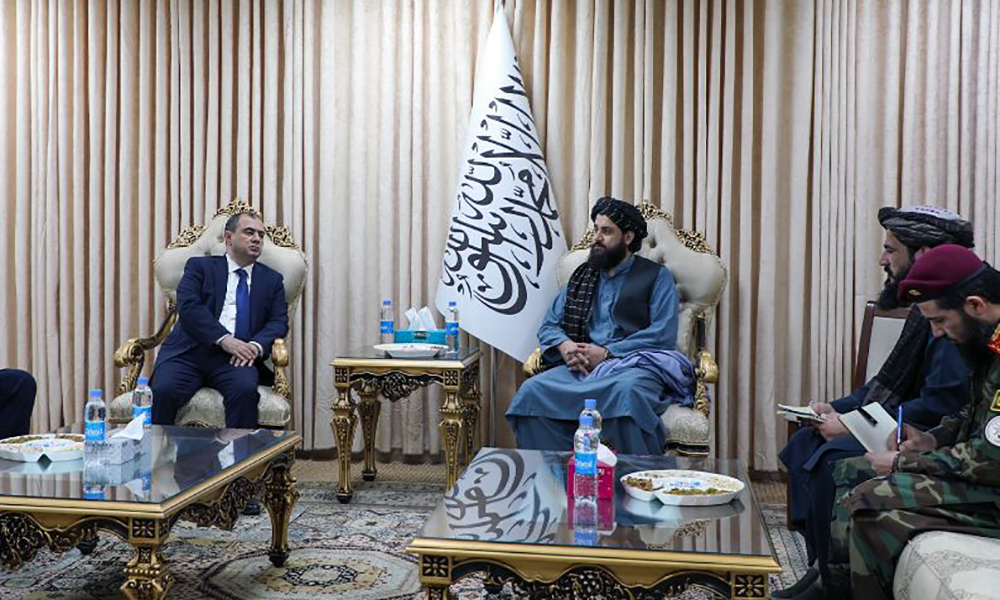
Mohammad Yaqub Mujahid, Acting Minister of Defense, met with the Ambassador of Azerbaijan in Kabul on Wednesday and said that the reopening of the Embassy of Azerbaijan in Kabul is a positive step to strengthening relations between the two countries.
The Ministry of National Defense quoted Mujahid as saying, in a statement, that the friendship and commonality between the people of the two countries is as a Muslim friend.
Mujahid called the reopening of the Azerbaijani embassy in Kabul a positive step and said that to consolidate these long-standing relations, “we want to start economic, commercial, and [ties in] other sectors as soon as possible.”
The ambassador of Azerbaijan also said that “we are ready to expand cooperation with the Islamic Emirate and the people of this country while strengthening relations.”
Latest News
Work permits issued to over 2,000, including women: Labor Ministry
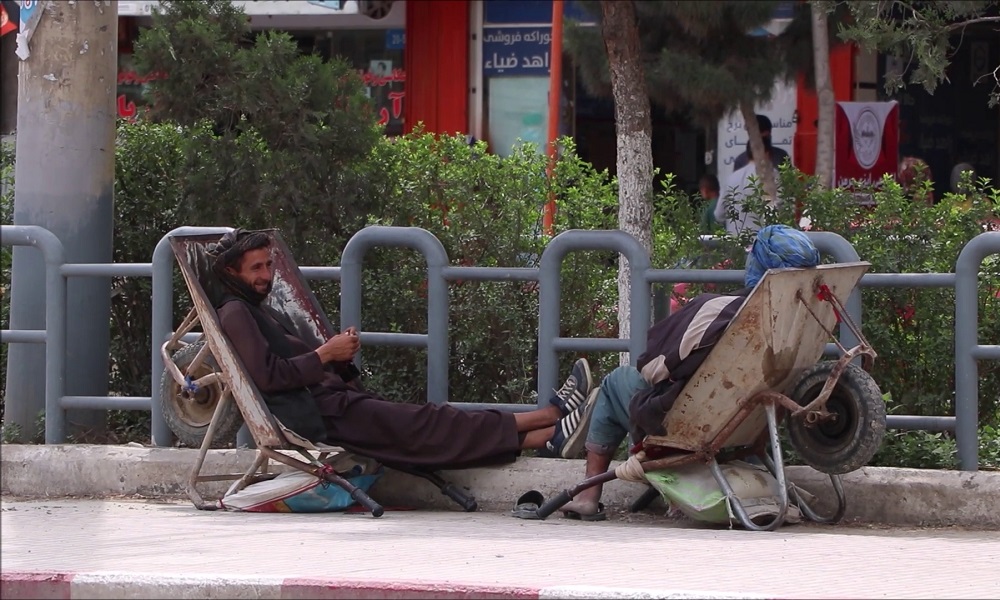
The Ministry of Labor and Social Affairs says on the occasion of International Labor Day, the Islamic Emirate is trying to increase the number of job opportunities in the country.
The ministry said that it has distributed work permits to more than 2,000 people, including women, during the past month.
“Work permits were given to 2,115 of our compatriots over the past month, including to 205 women,” said Samiullah Ebrahimi, a spokesman for the Ministry of Public Works.
“Of course, women have been permitted to work in sectors where women are necessary and their services are for women,” he added.
Meanwhile, workers in the country complain about the lack of jobs and say that the level of unemployment has increased and workers’ wages have decreased.
Afghanistan is one of the countries that has countless child laborers, and according to reports, governments have not been able to end this practice.
“I work for 200 to 300 afghanis a day, and there are eight members in our family,” said one child laborer.
“I am 12 years old and in sixth grade. I earn 150 afghanis per day, there are seven of us and I have been working here for one and a half years,” said another child laborer.
According to UN statistics, in 2024, more than 23 million people in Afghanistan need humanitarian aid, and that most of them are unemployed.
However, the demands are that international institutions should provide work for the people of Afghanistan by implementing development projects.
-

 Sport4 days ago
Sport4 days agoAfghanistan qualify for FIFA Futsal World Cup for first time ever
-

 Sport5 days ago
Sport5 days agoAsia must believe Afghanistan’s power in futsal: Mortezaei
-

 Sport1 day ago
Sport1 day agoAfghanistan announce T20 World Cup 2024 squad
-

 Sport4 days ago
Sport4 days agoACL: Mawj Sahil 2-1 Sarsabz Yashlar; Sorkh Poshan 6-0 Maiwand
-

 Latest News4 days ago
Latest News4 days agoTurkmenistan committed to complete TAPI energy project
-

 Sport3 days ago
Sport3 days agoKohli slams strike-rate talk and pundits ‘from the box’
-

 World4 days ago
World4 days agoPolice arrest scores of pro-Palestinian protesters on US university campuses
-
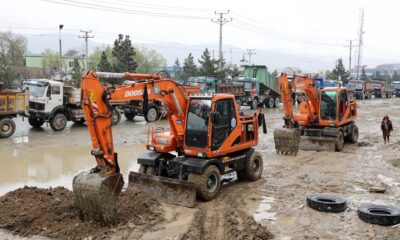
 Latest News5 days ago
Latest News5 days agoThree road construction projects launched in Kabul

